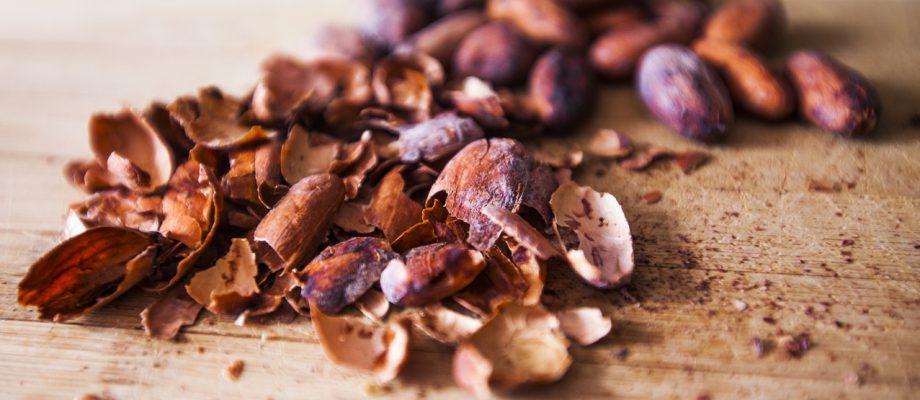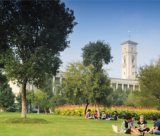
Turning cocoa bean waste into electricity for off-grid West African villages
March 15th, 2019
A new green technology to generate electricity from discarded cocoa pod husks is set to benefit African farming communities currently with little or no access to grid power.
The project, led by the University of Nottingham, aims to spawn an entirely new bio-fuel industry that would also improve socio-economic stability for cocoa producers in rural Ghana.
The Implementation of Bio-Rural Energy Scheme (IBRES) project, backed by the UK Government’s Global Challenges Research Fund, aims to makes practical and economic use of the discarded cocoa pod husks.
In addition to energy production and distribution, local jobs would emerge for the collection and transportation, treatment, storage and processing of this potentially lucrative byproduct. A community energy cooperative model will also help the farmers to make money from their new bio-energy source and hence reduce poverty.
In addition to Professor Jo Darkwa, the Nottingham-led project team involves Dr John Calautit, Dr Mark Worall, Dr Yuehong Su and Nii Nelson, of the Buildings, Energy and Environment (BEE) Research group; Dr Alison Mohr, from the Institute of Science and Society; Dr Karen Robertson from the Advanced Materials Research Group and the School of Chemistry’s Professor Robert Mokaya.
Read more about this story on the News page.
One Comment
Leave a Reply
Other

University of Nottingham Online discovery webinars
University of Nottingham Online (UoNO) is here to help colleagues across the university who want to […]

University of Nottingham China celebrates 20 years
At the University of Nottingham, we embrace diversity in culture, spirit and thinking. It’s why we […]


April 4th, 2019 at 12:40 pm
Paulina
This sounds like an amazing project and great initiative on how to create green ripples of sustainability and energy! Congrats.